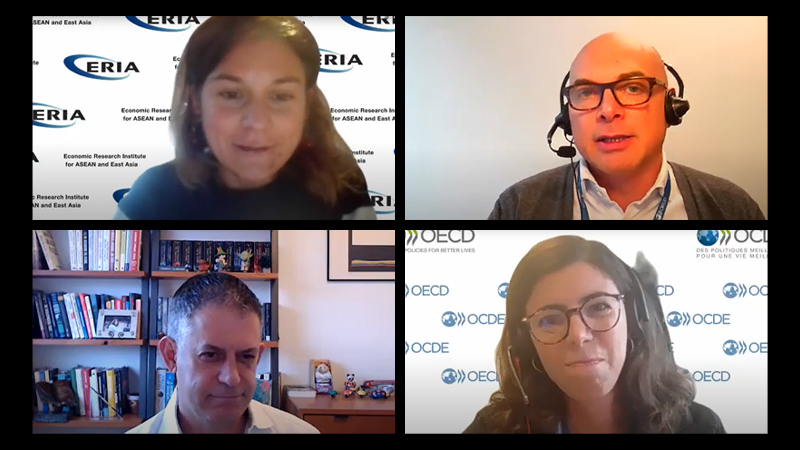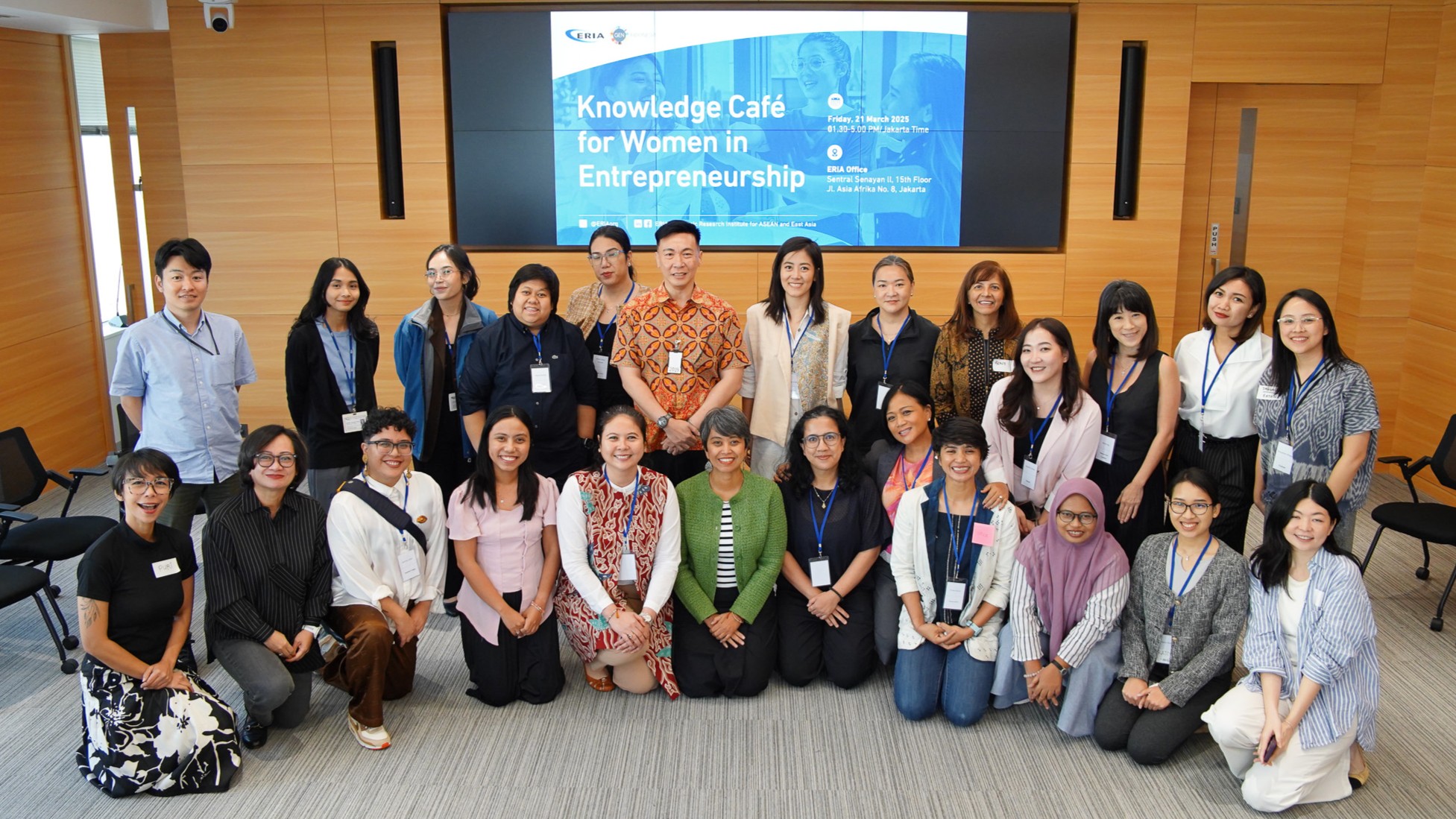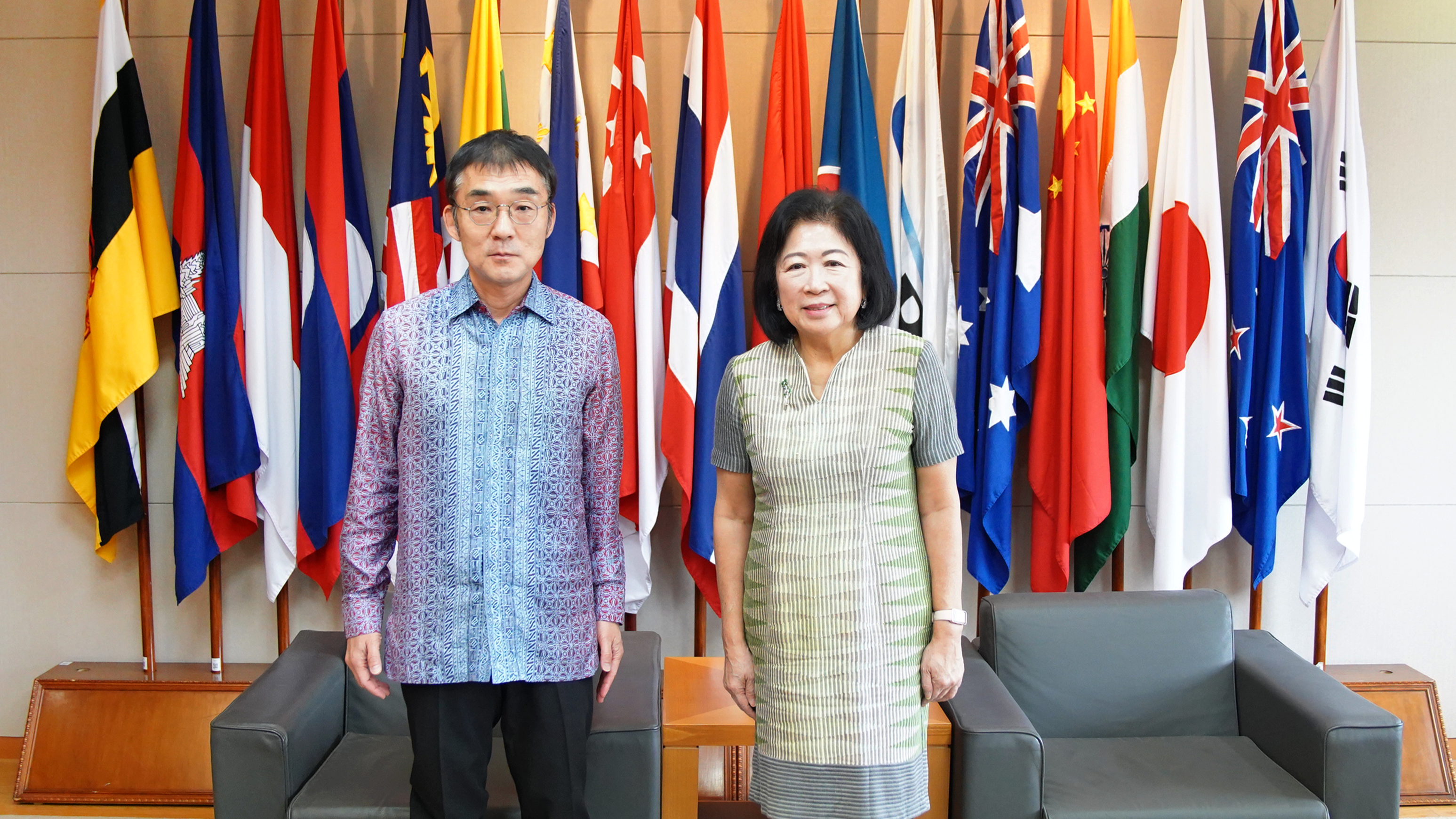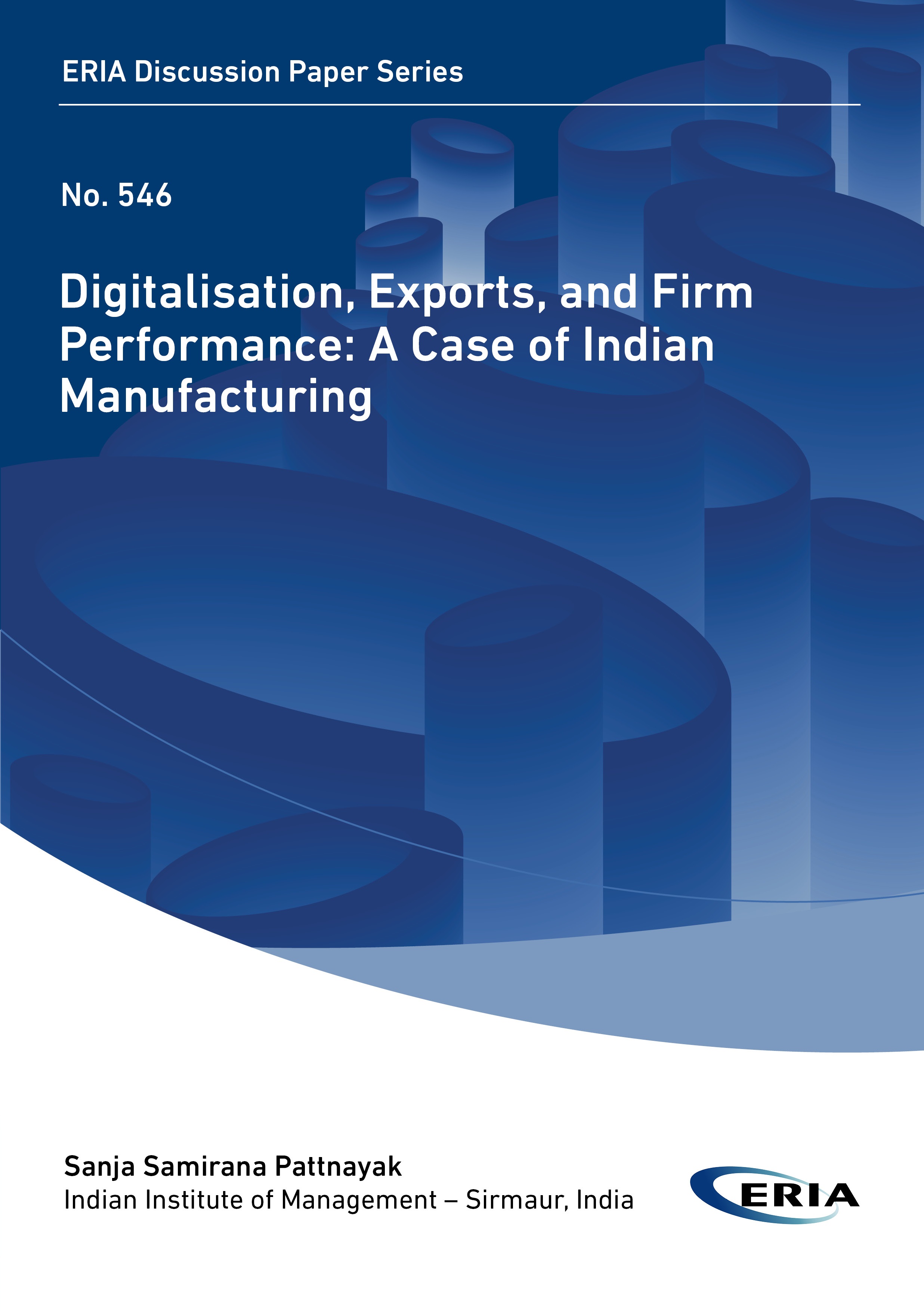Innovation in Real Places, How HEIs Contribute to Local Ecosystem Development - EECOLE Webinar Series
Date
14 November 2023Category
WebinarShare Article:
Print Article:
Paris/Jakarta, 14 November 2023: ERIA’s Strategy and Partnership Director, Dr Giulia Ajmone Marsan, hosted the concluding episode of a webinar series discussing the role of skills and higher education in the development of entrepreneurship and innovation ecosystems, in collaboration with the OECD Platform for the Entrepreneurship Education Collaboration and Engagement Network - EECOLE.
The fifth and final episode of the series featured global innovation expert and Professor Dan Breznitz, Munk Chair of Innovation Studies, University of Toronto. Key messages discussed during the webinar included:
- Innovation is more than just invention. It's about transforming ideas into improved products and services at any stage of the production process.
- Innovation policy should prioritize enhancing community well-being and inclusion
- Universities are not innovation or regional development agencies. The role of universities vis-à-vis innovation and entrepreneurship should be well-defined, avoiding overburdening them beyond teaching, research, and innovation.
- SMEs can play a crucial role in innovation ecosystems, by contributing to job creation. There are places where networks of SMEs thrive and are at the frontier of innovation in their own sector, not necessarily high-tech. Policies can help SMEs by reflecting their needs rather than proposing one-size-fits-all solutions. For instance, by facilitating access to skill and finance, and by fostering ecosystems where SMEs can thrive, gaining a competitive edge in the global production process.
The hosts from OECD were Dr Raffaele Trapasso and Ms Maria Sobron Bernal.








